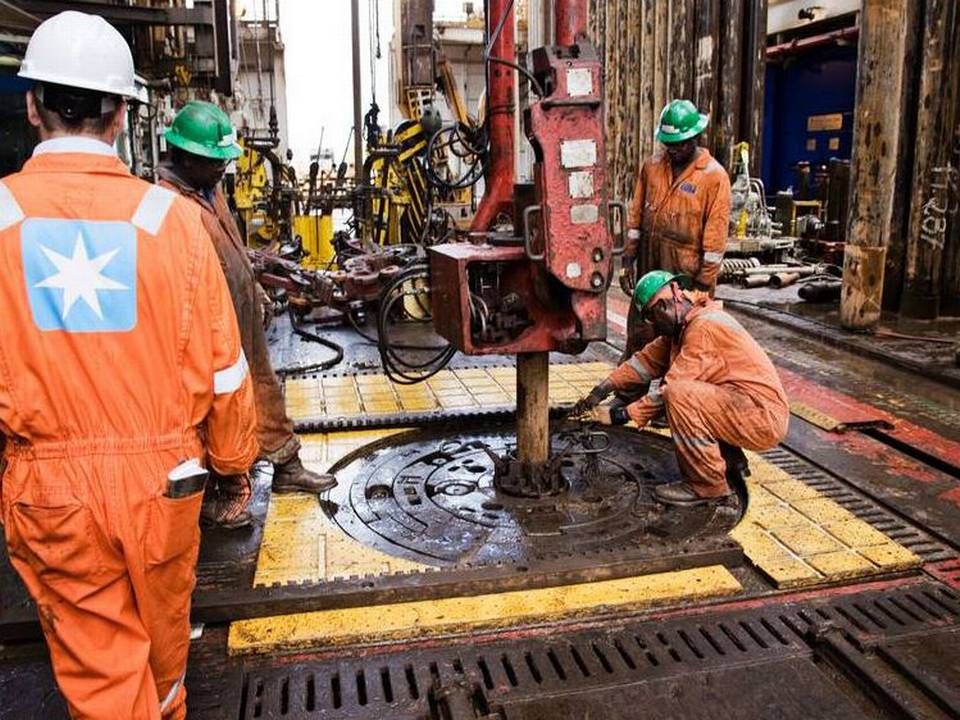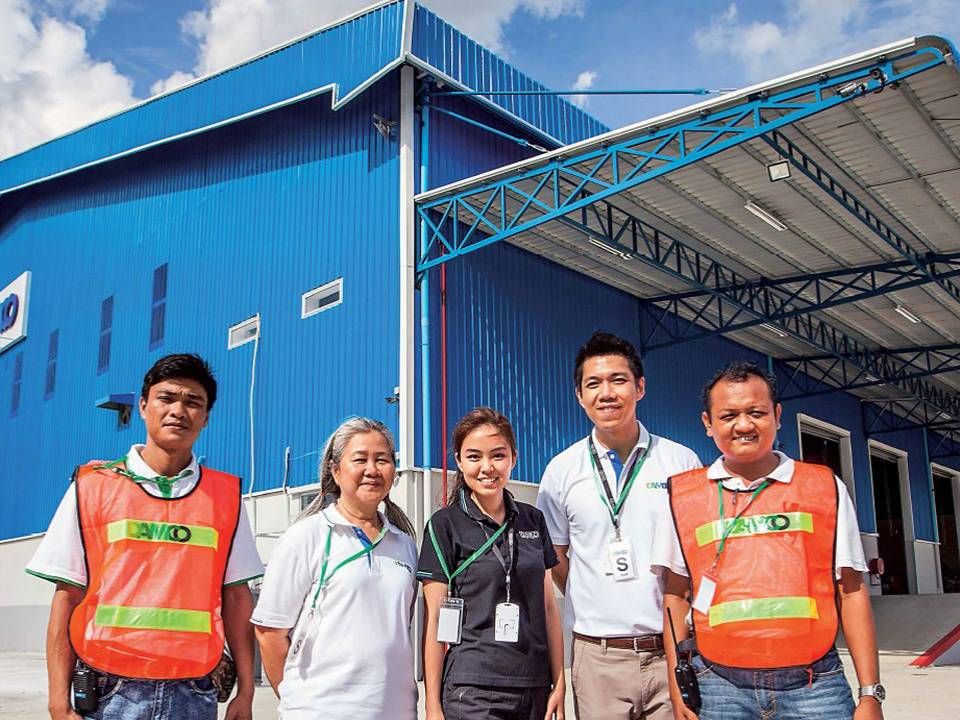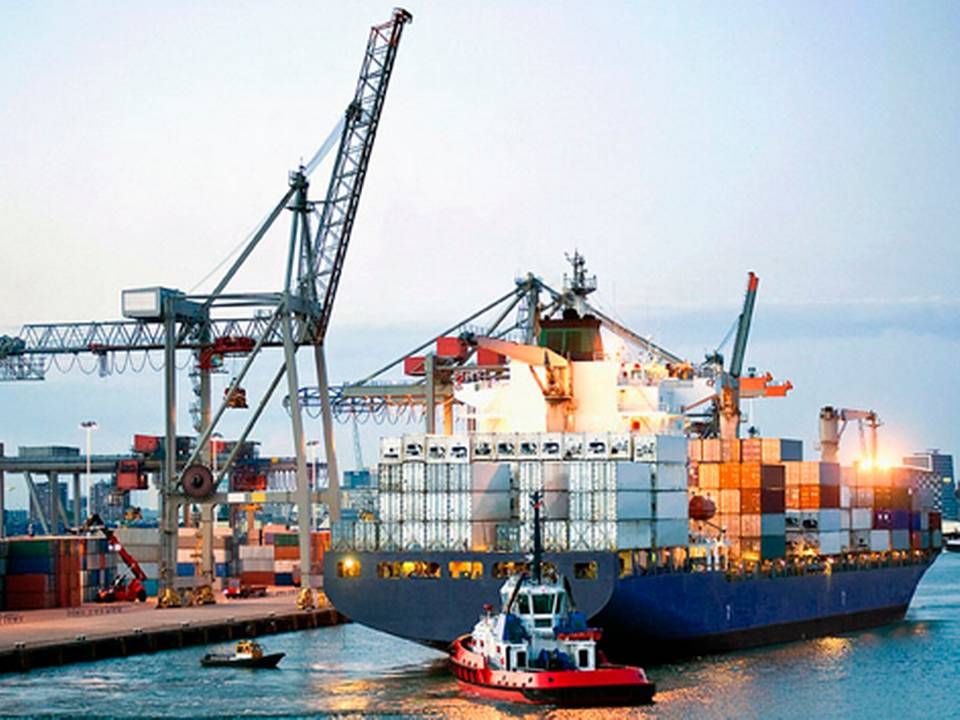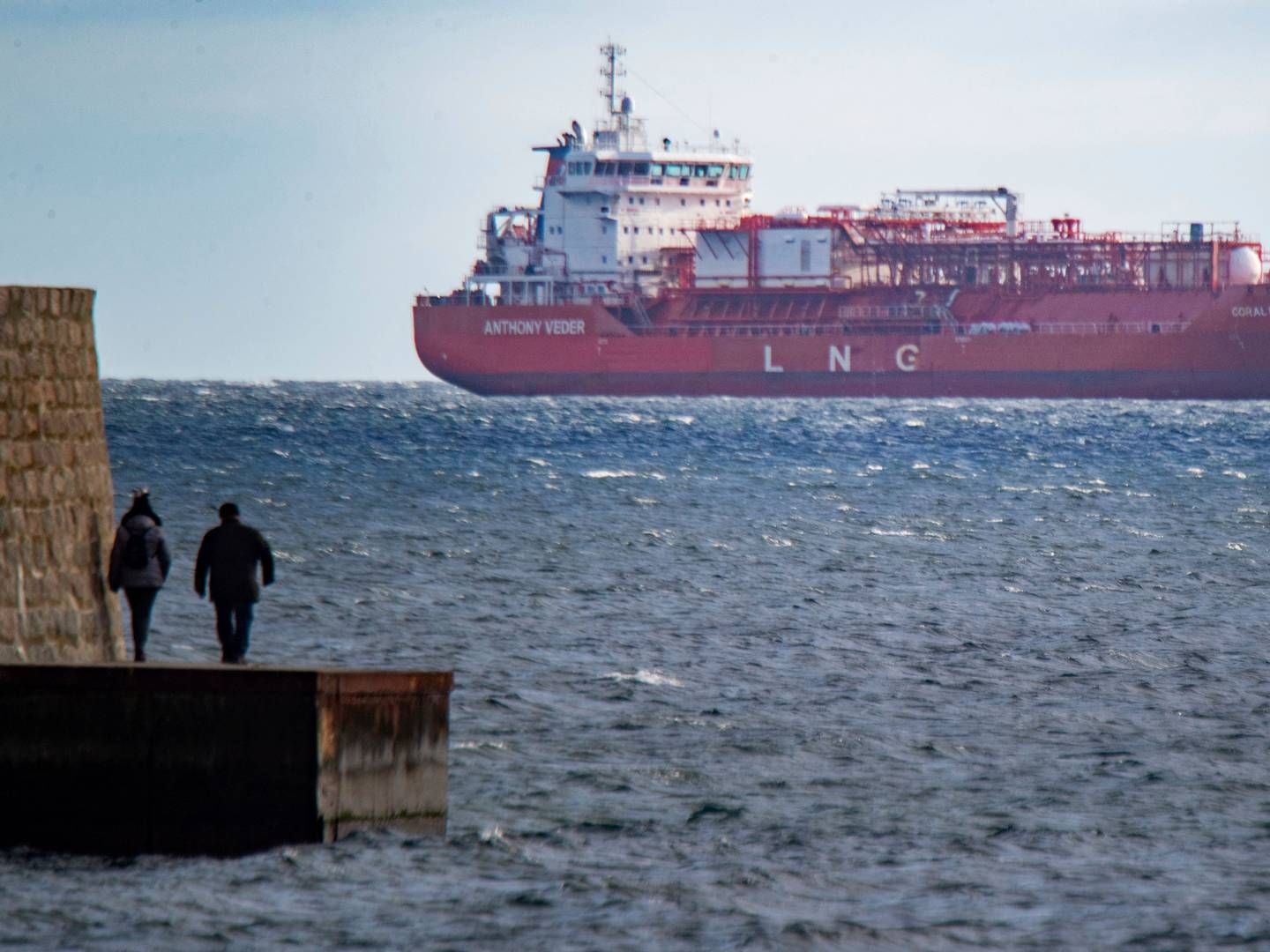Alphaliner: Is Maersk looking to sell Damco?
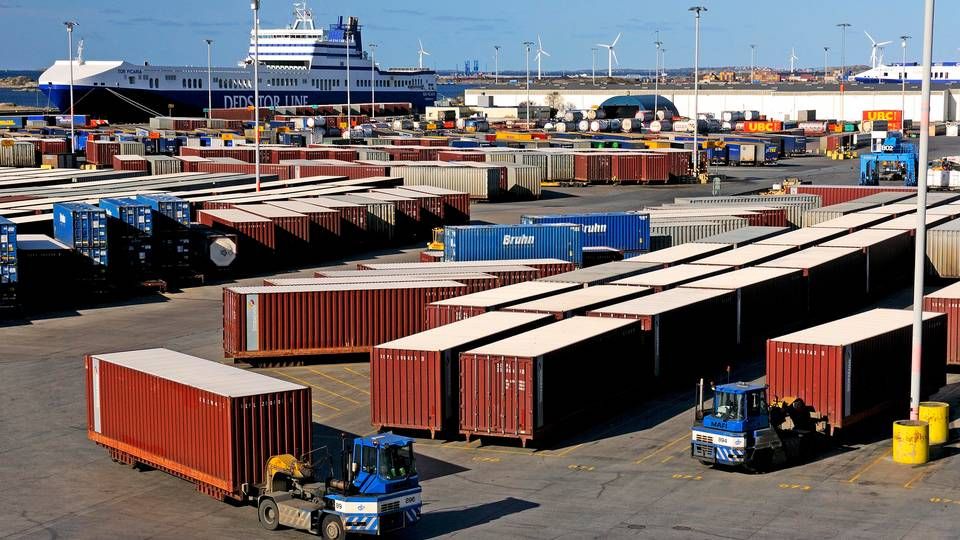
Even though several container carriers' divestments of their logistics businesses, including for instance Cosco Logistics, Hyundai Logistics and Hanjin Logistics, were primarily driven by a need to raise liquidity for their struggling parent companies' shipping units, these divestments also seem to highlight the missing relevance in the fact that carriers should even own logistics companies.
Historical experience from companies such as Maersk-owned and deficit-inducing Damco is the latest example in which the expected synergies between carriers and their own logistics companies have been completely absent, says analyst agency Alphaliner on the basis of the several complete or partial divestments performed in recent years by a series of the 20 largest container carriers in the world.
According to Alphaliner, Maersk's strategy aimed at increasing the profit of its logistics company also seems to be struggling, as Damco as recent as last week delivered another 2nd quarter deficit, for the third straight quarter, and the logistics unit now expects a combined deficit for 2014 as a whole.
Maersk combined its logistics activities in 2009 under Maersk Logistics and changed the name to Damco, a more neutral brand in terms of cooperating with other companies. But the desired results have so far been absent at Damco, which since 2012 has been delivering results significantly below the levels of Maersk Line and APM Terminals.
In spite of a global restructuring in Damco, launched in 2013 and aimed at making the group more manageable, the company has not yet been able to turn the financial development around. Damco suffered and operating deficit of USD 24 million in the 2nd quarter 2014.
The logistics company suffered a total loss of USD 32 million, compared to a USD 8 million deficit in the same period last year. The loss is attributed to weaker profits from air and sea freight, and Damco now expects a full-year deficit for 2014, according to the Maersk Group interim report, published last week.
The transformation process at the company, launched in 2013 and aimed at increased the profit, proved to be more complicated than expected, said Maersk. Meanwhile, a reduction in the number of employees contributed to increased costs in the 2nd quarter. Sea freight volumes declined 1 percent, while air freight volumes went down 8 percent compared to the same period 2013.
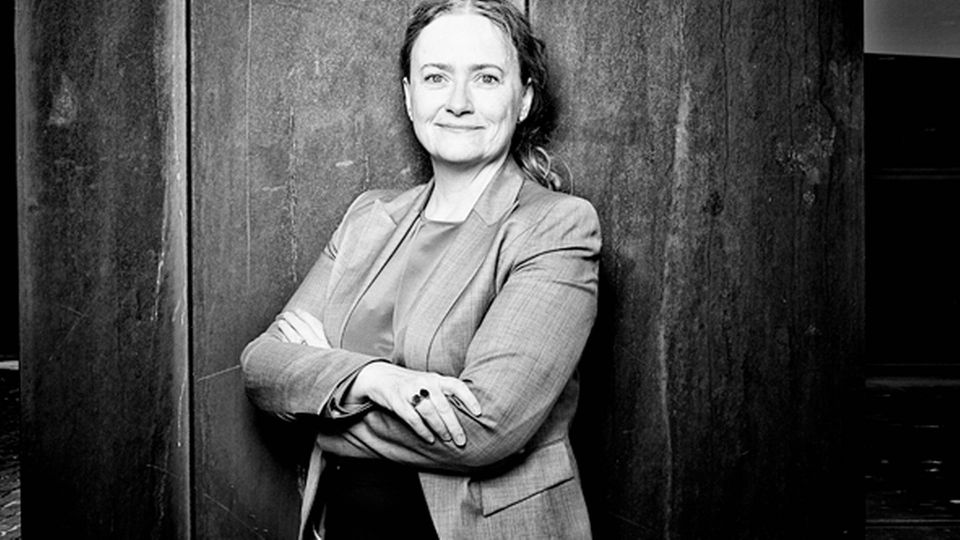
Hanne B. Sørensen, former CEO of Maersk Tankers, took the reins at Damco on January 1. 2014, replacing Rolf Habben Jansen, who has been appointed new CEO of Hapag-Lloyd.
Hanne B. Sørensen has told ShippingWatch that she has no comments on the developments at Damco before the Maersk Group's Capital Markets Day on September 24. 2014.
Here is an overview of the Maersk interim report
Related articles
Here is an overview of the Maersk interim report
For subscribers
Damco opens storage and container facility in Myanmar
For subscribers
Damco moves closer to Chinese growth giant
For subscribers

